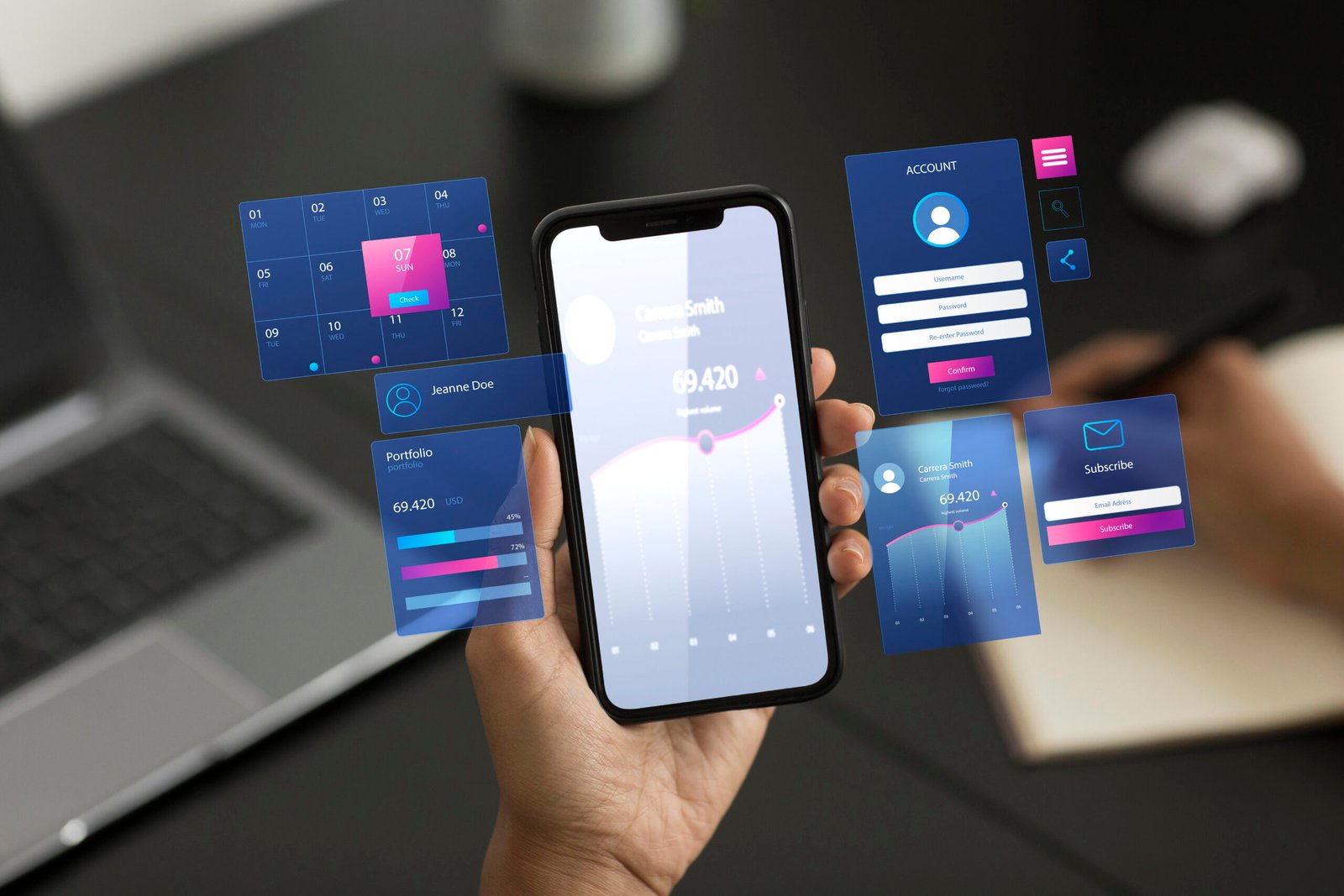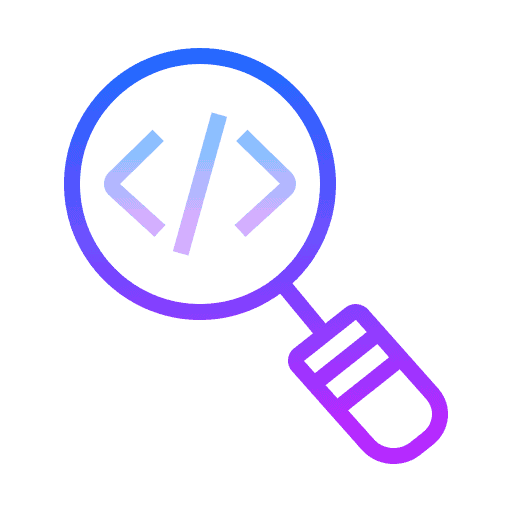React Native, an open-source framework developed by Facebook, offers a specialized programming environment for creating native mobile applications using JavaScript.
It combines the best features of React Native development principles and user interfaces, resulting in powerful and responsive applications. When app development organizations choose React Native for mobile app development, their objective is to create apps that swiftly respond to user interactions. These applications are capable of dynamically suggesting UI changes, synchronizing data on the device based on user engagement, and delivering personalized information based on user preferences. Building a React Native app involves paying attention to specific elements throughout the development and execution process. Among these elements, two crucial factors that should never be overlooked are security and app quality standards. In this discussion, we will delve deeper into these features that require meticulous attention when creating a reactive mobile application.
Preparing and organizing a strategic plan and roadmap before commencing the actual app development process is of utmost importance. This involves various essential tasks such as outlining the code structure, defining features, anticipating errors and bugs, and specifying the required functions. It is beneficial to document this plan in the form of a flowchart, which provides a visual representation of the planned actions and steps. By adhering closely to this outlined plan, developers can streamline the app development workflow and ensure a smooth and efficient completion of the project.
As mobile connectivity cannot be guaranteed at all times, it is crucial to develop mobile applications that can operate seamlessly even in offline scenarios. To ensure app functionality without network connectivity, one approach is to incorporate a local NoSQL (Structured Query Language) database or utilize other local data storage mechanisms. By implementing such strategies, the app can provide reliable and consistent performance to users, fostering a seamless user experience even in offline mode.

Developing a distinctive and responsive mobile application requires expertise in advanced programming techniques. It is crucial to carefully choose the best tools and employ up-to-date methodologies during the development process. Designing an effective programming interface enables the utilization of cutting-edge programming languages, such as Apple's Swift, to enhance the app development experience and deliver exceptional results.

When developing apps, their performance is often limited to specific platforms. However, with React Native applications, it is crucial to prioritize the development of apps that are platform-agnostic and compatible across various operating systems. By ensuring mobile apps can run seamlessly on any platform, regardless of its type, a larger audience base can be targeted, leading to greater success and accomplishment for the application.

An application should possess a user-friendly interface and be easily navigable. The features should be designed in a way that allows users to comprehend and utilize them effortlessly. Thorough research is essential before developing an application that effectively engages users. Users will only continue using an app if it significantly assists them in achieving their desired tasks.

Provide ample opportunities for your users to share their feedback about your application. Understanding the user experience while using your app is crucial for further improvement. Take into account the feedback expressed by your users and take appropriate action. Remember that "all feedback is valuable feedback," regardless of whether it is positive or negative.
Every app development process has its own set of benefits and challenges. There is no perfect method that guarantees 100% results. Similarly, this approach also presents its own unique challenges, but they are outweighed by the advantages it offers.

1.Reusability of code, leading to time and cost savings. 2.Remarkable feature of quick live loading and hot loading. 3.Enhanced speed, efficiency, and user-friendliness of the application. 4.Support for third-party plugins. 5.Improved user interface, boosting the agility of the application. 6.Compliance with native apps. 7.Seamless integration with existing code. 8.Convenient addition of quick extensions to pre-existing native applications.

1. Lack of comprehensive guidelines due to its open-source nature. 2.Certain features may be missing or less supported on Android and iOS platforms. 3.Limitations in handling complex user interfaces.
Mobile development companies strive to create applications that are user-friendly, future-proof, and revolutionary, ensuring exceptional user engagement. By following these app development tips, developers can achieve success in creating an application that receives applause from its customers.
EasyThough stands out as a pioneering force in the realm of mobile app development, driven by their unwavering commitment to delivering exceptional quality apps within strict timelines. Despite their relatively short time in the industry, they have managed to achieve remarkable success by leveraging the latest technologies and staying ahead of emerging trends. With a team of talented and experienced professionals, EasyThough combines their expertise with a customer-centric approach to create innovative solutions that exceed client expectations.
Their dedication to excellence, coupled with their passion for pushing boundaries, has earned them a prominent position in the competitive mobile development landscape. Whether it's crafting intuitive user interfaces, integrating cutting-edge features, or ensuring seamless performance across various platforms, EasyThough consistently delivers remarkable results that propel businesses forward in the digital age.